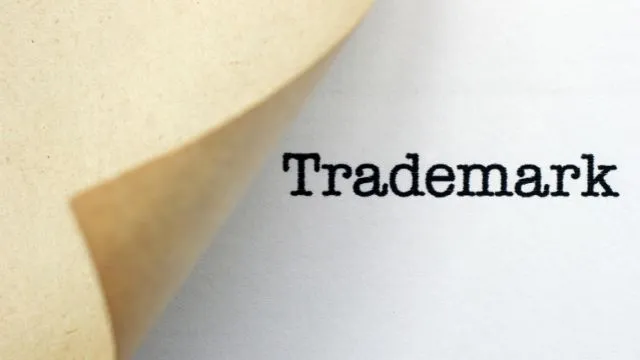Starting an export business in India involves vital steps for success. Begin with market research, get the Importer Exporter Code (IEC), and choose compliant products. Register your business, open a dedicated bank account, and grasp essential export documentation. Develop a competitive pricing strategy, partner with reliable logistics, and stay compliant with customs. Explore government schemes like MEIS and establish an online presence through a professional website. Following these steps simplifies the process of starting an export business in India.
1. Conducting Market Research
Begin your export journey by understanding your target markets. Identify potential markets for your products. Analyze consumer behavior, trends, and competitors. Use online surveys and industry reports for insights. Learn about market demands and preferences.
2. Obtaining the Importer Exporter Code (IEC): The Gateway to International Trade
The Importer Exporter Code (IEC) is a fundamental requirement for engaging in export activities. Issued by the Directorate General of Foreign Trade (DGFT), this unique code is essential for customs clearance and international transactions. The application process is now streamlined and can be conveniently completed online. It marked the initiation of your export operations.
3. Choosing Your Export Product: Balancing Passion and Market Demand
Selecting the right product is a delicate balance between your passion, expertise, and market demand. Consider conducting small-scale test exports to gauge the response before committing to larger shipments. Ensure your chosen products comply with quality standards and regulations, fostering trust with international buyers.
4. Setting Up Your Business Entity: Legality and Credibility
Registering your export business is critical in ensuring legal compliance and building credibility in the global market. Choose a suitable business structure—Private Limited Company, Limited Liability Partnership (LLP), or proprietorship—based on your long-term goals and liability preferences.
5. Opening a Business Bank Account: Financial Transparency
Establishing a dedicated business bank account simplifies financial tracking and demonstrates professionalism to international partners. Choose a bank with experience handling international transactions to facilitate smoother fund transfers and currency exchanges.
Also Read: Export-Import Business Advantages and Disadvantages
6. Understanding Export Documentation: Navigating the Paper Trail
Mastering export documentation is essential for the smooth flow of international trade. Attend training programs or workshops to familiarize yourself with documents such as the Commercial Invoice, Packing List, Bill of Lading, and Certificate of Origin. Consider hiring a professional consultant for guidance in navigating these intricacies.
7. Developing a Pricing Strategy: Striking the Right Balance
Developing a competitive pricing strategy involves considering production costs, competitor pricing, and perceived value. Factor in currency exchange rates and international shipping costs to ensure your pricing remains attractive to buyers while maintaining profitability.
8. Logistics and Shipping: Partnering for Success
Partner with reputable logistics and shipping companies to ensure timely and secure delivery of your products. Understand shipping terms such as FOB (Free On Board) or CIF (Cost, Insurance, Freight) to define responsibilities clearly and avoid misunderstandings during transportation.
Also See: Global Commerce: The Role of Shipping Lines in International Trade
9. Customs Compliance: Navigating Regulatory Waters
Stay updated on customs regulations and procedures in India and the importing country. Engage with customs brokers if needed, as they can assist in navigating complex customs requirements. Adhering to customs regulations is vital to avoid delays and penalties.
10. Utilizing Government Schemes: Maximizing Opportunities
Explore the government’s export promotion schemes, such as the Merchandise Exports from India Scheme (MEIS). These schemes provide financial incentives and can significantly benefit your export business. Stay informed about changes in policies to leverage available opportunities effectively.
11. Building an Online Presence: Digital Strategies for Global Reach
Establish a professional website and leverage digital marketing to showcase your products. Utilize online platforms and e-commerce channels to enhance your reach and attract international buyers. A strong online presence is crucial in today’s interconnected global marketplace.
12. Networking and Partnerships: Connecting for Growth
Actively participate in industry events, trade fairs, and networking opportunities to connect with potential buyers, distributors, and partners. Building a strong network opens doors to new opportunities and allows you to learn from experienced exporters and stay updated on industry trends.
Conclusion
In conclusion, starting an export business in India requires careful planning, continuous learning, and proactive engagement with global markets. By following these detailed steps and staying attuned to the dynamic nature of international trade, you can position your business for success and contribute to the growth of India’s exports on the global stage.
.















